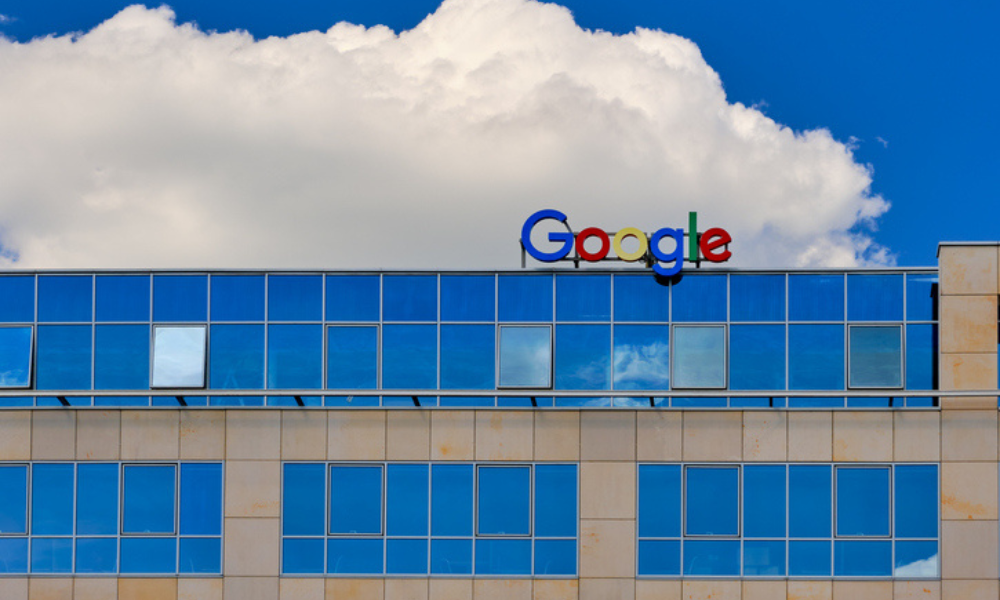Yelp's lawsuit against Google could spark a wave of legal challenges, marking a pivotal antitrust battle

Yelp Inc. has taken legal action against Google, accusing the tech giant of wielding illegal monopoly power in the local search market, according to BNN Bloomberg.
The lawsuit alleges that Google, a subsidiary of Alphabet Inc., has an unfair advantage in both local search and related advertising, areas where Yelp has been striving to compete through its detailed reviews of businesses like restaurants and beauty parlours.
For more than a decade, Yelp has voiced concerns about what it perceives as Google’s anticompetitive behaviour.
The timing of this lawsuit, coming just weeks after a Washington federal judge ruled that Google had unlawfully monopolized the search market through exclusive deals, suggests that other companies might also be encouraged to challenge Google’s practices in the near future.
Yelp’s lawsuit builds on the recent decision by US District Judge Amit Mehta, who found that Google had used its monopoly in general search to dominate other markets. Aaron Schur, Yelp’s General Counsel, stated that Mehta’s findings are central to Yelp’s claims.
“Our case is asserting that Google has abused that illegal monopoly in general search that has already been decided by Judge Mehta, and it’s using that monopoly to self-preference that inferior content in the adjacent market of local search and also the local search advertising market,” Schur said.
Google responded by labeling Yelp’s claims as “meritless” and stated its intention to “vigorously defend” against the lawsuit.
The company pointed out that similar allegations had been dismissed years earlier by the Federal Trade Commission and more recently by the judge in the US Justice Department’s case. Google plans to appeal the ruling.
Yelp’s complaint outlines how Google initially aimed to direct users from its search page to other websites, which allowed a thriving ecosystem of sites like Yelp to flourish.
However, Yelp alleges that Google, recognizing the profitability of local search, entered the market itself, thereby gaining an unfair advantage.
Yelp is seeking a court order to stop Google from prioritizing its own reviews over those of competitors.
Schur emphasized that Yelp’s main objective is to end Google’s “unlawful self-preferencing,” which he claims harms consumers, stifles competition, and disadvantages businesses that pay for local search advertising.
Yelp has waged a lengthy battle against Google in both the US and the European Union, accusing the company of maintaining an illegal monopoly over the internet search market, particularly by promoting its own reviews over those of its competitors.
The US Justice Department is considering breaking up Google as part of its efforts to address these antitrust concerns. This would be the most significant breakup of a US company since AT&T in the 1980s.
Other potential remedies include requiring Google to share more data with competitors and preventing it from gaining an unfair edge in AI products.
With the recent ruling, Yelp’s legal action might inspire other companies to reassess their positions. Schur hinted at the broader implications, saying, “The self-preferencing that we describe in the complaint as a general matter isn’t unique to Yelp.”
The New York Times initially reported the lawsuit.



